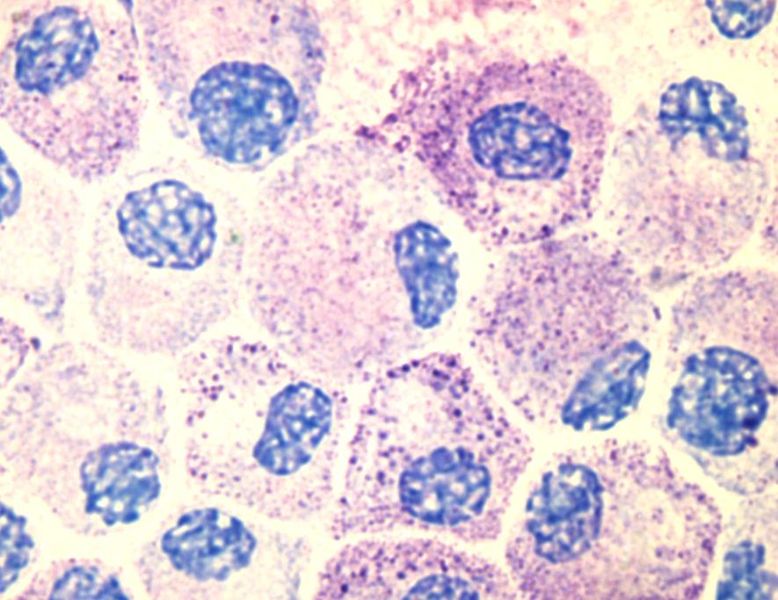New research published in the journal Nature Medicine today suggests that scientists working on diabetes could do with cosying up to immunologists, as the latest data suggests that the two are much more closely linked than previously thought.
 These are two papers published by scientists in the US. In the first study, researchers led by Guo-Ping Shi looked at two commonly-used allergy medicines, called Zaditor and cromolyn. These work by calming down mast cells, immune cells in the body that can provoke allergic reactions. But they also found that the drugs could help to reduce both obesity and type 2 diabetes in mice.
These are two papers published by scientists in the US. In the first study, researchers led by Guo-Ping Shi looked at two commonly-used allergy medicines, called Zaditor and cromolyn. These work by calming down mast cells, immune cells in the body that can provoke allergic reactions. But they also found that the drugs could help to reduce both obesity and type 2 diabetes in mice.
The researchers discovered that fat tissue from obese and diabetic mice and humans had unusually high numbers of these mast cells, compared with fat tissue from people with a normal weight. But was the fat attracting mast cells, or were the mast cells helping to trigger excessive deposition of fat?
To find out, the scientists tested the mast cell-controlling drugs on mice that were either given a healthy diet, or a fatty sugary diet. They found that the drugs helped to prevent mice from becoming obese or diabetic, even on a poor diet. But although the drugs are used to treat allergies in humans, we don't yet have evidence that they can prevent obesity or diabetes in humans.
In this paper, scientists led by Markus Feuerer discovered that a type of immune cell called a regulatory T cell plays a role in liaising between the immune system and the metabolism, by keeping inflammation in fat tissue in check. They found that fat tissue from obese and diabetic mice and humans has unusually low levels of these "good" regulatory cells, but had high levels of "bad" immune cells, such as inflammatory macrophages . They found the complete opposite in fat from animals and humans with a normal weight.
The results suggest that inflammation in fatty tissue may play a role in obesity and the development of types 2 diabetes. And it's also interesting because we know that being overweight or obese can increase your risk of diseases such as cancer and heart disease - two illnesses that are increasing being linked to inflammation. So this shows how it may all be connected.
It's important to stress that popping a few over-the-counter allergy remedies is not going to reverse obesity and magically make you thin, but the results certainly open the door to a whole new area of research - one that the scientists have dubbed "immunometabolism". And hopefully it should lead to some more important results in years to come.
References
- Previous Tasty Lungs
- Next Sad News for Pandas










Comments
Add a comment